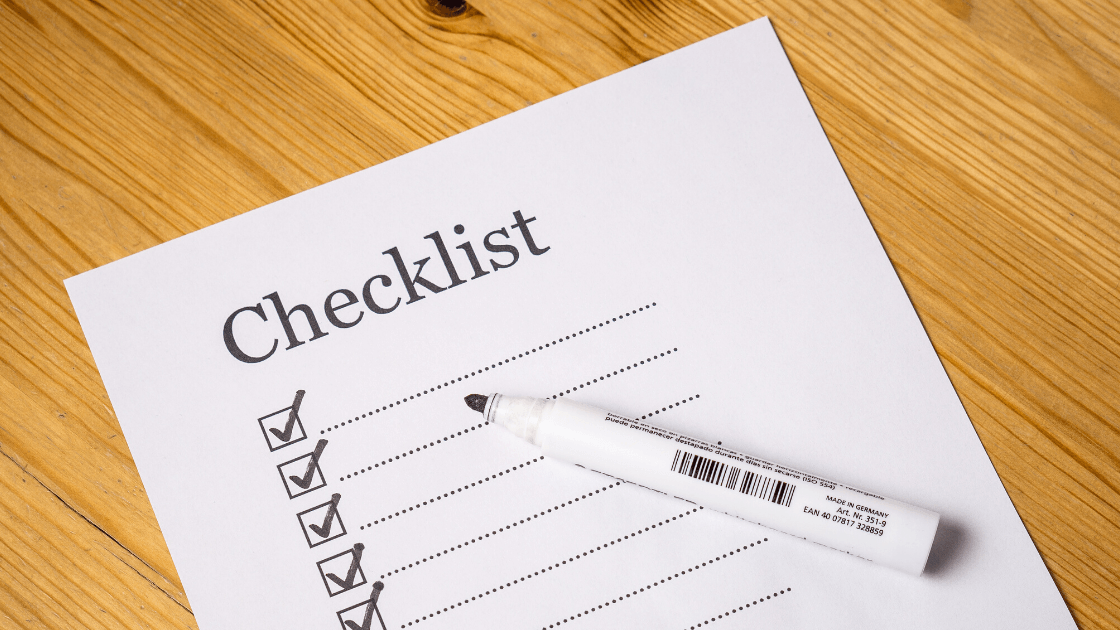
Separating can be hard emotionally but also financially and grappling with both at the same time can seem insurmountable. However, getting your finances in order will help you not only through the separation and divorce period but also in your financial future.
This financial checklist is a useful tool to help you separate your finances with your former partner whilst also getting your individual finances on track for the future.
Have a temporary financial plan
Whilst you are in the process of separating and finalising your finances with your former partner you should try and discuss and agree on how any financial obligations (mortgage, bills, credit cards, school fees etc.) are going to be maintained.
Remember that you and your former partner will remain legally responsible for meeting any repayments on any joint loans or debts until a final agreement has been made and these loans and/or debts are transferred to either of your names.
Seek legal help
Early advice from an experienced family lawyer will save you a lot of time and money in the long run. Meeting with a family lawyer early in the separation journey will help you understand the process of divorce, property settlement and child arrangements as well as giving you an understanding of different option like mediation/negotiating that you can choose from to resolve your family law matters.
Related Article: 5 Tips To Choosing The Best Family And Divorce Lawyer
Collect financial information
Now is the time to get a good handle on all your financial information. Gathering and understanding where you are financially will help with your property settlement, as well as helping you plan for your future. Key financial records to collect are:
- Savings and transaction account statements
- Utility bills (e.g electricity, gas, mobile and internet)
- Credit and store card statements
- Property paperwork (deeds, mortgage papers, home loan details)
- Investment paperwork (managed fund statements, share dividend statements)
- Tax records (tax returns and tax file numbers)
- Insurance policies (e.g health, home and contents, car, income protection and life)
- Superannuation accounts (both yours and your ex-partners)
- Will and estate plans
- Contact details for your accountant and lawyer
Understand your current financial position
Once you have gathered all the relevant documentation you can use an online tool such as ASIC’s Smart Money asset stocktake calculator to create a detailed overview of your current financial position.
Create a new budget
With the end of a relationship comes change, financially you need to work out what income and expense are going to change. With this knowledge you can then plan for your future better, as well as avoid and rude financial shocks.
ASIC’s Money Smart also provides a helpful and easy online budgeting tool.
Banking
- Open your own bank account.
- Disburse mutual funds held in joint bank accounts.
- Close all joint bank accounts.
- Prior to closing bank accounts notify companies authorised to direct debts of a change in banking details.
Remember, depending on you circumstances there will most likely be joint accounts that you need to keep open for instance home loan or loan servicing account, however be sure to close any joint accounts that are no longer needed once separated. If your former partner is using a joint credit card and runs up a large debit you could be liable for it.
Mortgage
- Contact your lender and let them know you’ve separated.
- Plan how the mortgage repayments will be paid during the separation and property settlement.
- Consider cancelling any redraw options on your mortgage and speak to your lender to set up joint signatures for any withdrawals.
- If your former partner is the only name on the property speak to your family lawyer about whether you need a caveat on the property to protect your interest.
Rental agreements
If you are renting you will need to contact your landlord or real estate agent to update your rental agreement if one of you has moved out. You should also agree on who will receive the bond or how you divide it at the end of your lease.
Utilities
If you are staying in your home, put all utility bills (phone, internet, electricity, gas) in your name only. If you are moving out, take your name off all utility bills.
Contact Centrelink
Your change in marital or relationship status may qualify you for some government assistance, so inform Centrelink as soon as you can.
Related Article: Am I Entitled To Spousal Maintenance?
Update Your Will
The separation period is a critical time to update your Will, as marriage separation does not have an effect on your Will. This means that should you fail to update your Will and you die whilst separated, before your divorce is finalised, your spouse may inherit any part of your estate you had previously intended to leave to them. Likewise, if your Will names your spouse as your executor, they will be entitled to take up that role regardless if you wanted them to or not.
Insurance and Super
Similarly to updating your Will you should also update any life insurance policies and your Super to ensure your policies reflect your wish that any payouts go to the correct people.
Note: This is general information advice only and does not constitute specific legal or financial advice. If you would like further information in relation to this matter or other legal matters, please contact us on 03 9620 0088 or email info@resolveconflict.com.au


